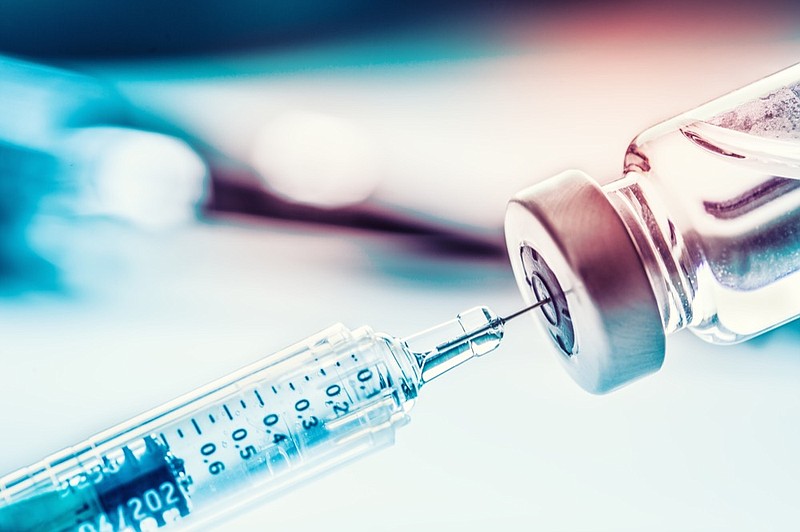Q: I have an appointment to get my COVID-19 vaccine. What should I do before I go, and what should I expect afterward?
A: Wonderful that you got your appointment! Here are 10 things to know about the experience before, during and after.
BEFORE
1. Get familiar with the form. Visit the health department vaccine information website (vaccine.hamiltontn.gov) to review the vaccine encounter form that you will be asked to fill out when you arrive. This is a good time to make sure that you meet the criteria for the phase you have signed up for, as well as to make sure that you do not have any contraindication to receive the vaccine.
2. Review the allergy risks. Although rare, severe allergic reactions may occur, so it is important to make sure that you are not at risk. The U.S. Centers for Disease Control and Prevention recommends not getting the vaccine if you have allergies to any of the components of the vaccine. The components of the vaccine can be found on the health department website. It is best to review this list before you go.
3. Determine the dates of recent vaccines. Another reason to not get the vaccine is if you have received another vaccine (such as flu or shingles) within the two weeks before your scheduled appointment. The reason for this is that we do not know if that shot could interfere with the COVID vaccine or perhaps it could make the COVID vaccine less effective.
4. Decide if your doctor should weigh in. There is a medical consultant at the vaccine site you could talk to, but if you have a medical question regarding any underlying health issue, or have medicines that you are concerned about, you should talk to your primary-care physician. Your doctor knows you best and is better able to answer your questions. There are few reasons you should not get the vaccine, so it is best to know before you go.
5. Cancel if you need to. It is OK if you have to reschedule your appointment. It is better to deal with a change beforehand than to get in line and have to come another day.
DURING
6. Make time for your shot. So vaccine day has arrived. You will be in your car for up to one hour from the moment you arrive to the time you leave, so have a good meal before you go and bring water and snacks. Second, wear a shirt with a sleeve that you can roll up. That will make it easier for the vaccinator to get to your upper arm.
7. Stay awhile. After the shot, you will be asked to stay in the waiting area for anywhere from 20 to 30 minutes. Most reactions from the vaccine usually appear in this time window, so it is best to stick around in case you need medical assistance. After the waiting period, you are ready to go home.
AFTER
8. Don't be alarmed by your body's response. You may have some pain at the site as well as swelling and redness. Some people will have fever, fatigue, headaches and muscle pain for a few days. This is considered normal. It is OK to take over-the-counter pain and fever medicine after you have received your shot.
9. Remember to follow up. If this was your first dose, you will need a second dose on or after the day on your vaccine card. The date on the card is a reminder and not an appointment, so make sure you visit the health department's website again for vaccine availability.
10. Spread the word. If you know of anyone who qualifies for the vaccine and is having doubts or concerns, reach out to them and tell them about your experience. There is no better messenger than a trusted friend. Let them know how happy you are to have gotten your vaccine and encourage them to get theirs.
Fernando Urrego, M.D., is the interim health officer at the Chattanooga-Hamilton County Health Department and a member of the Chattanooga-Hamilton County Medical Society.

